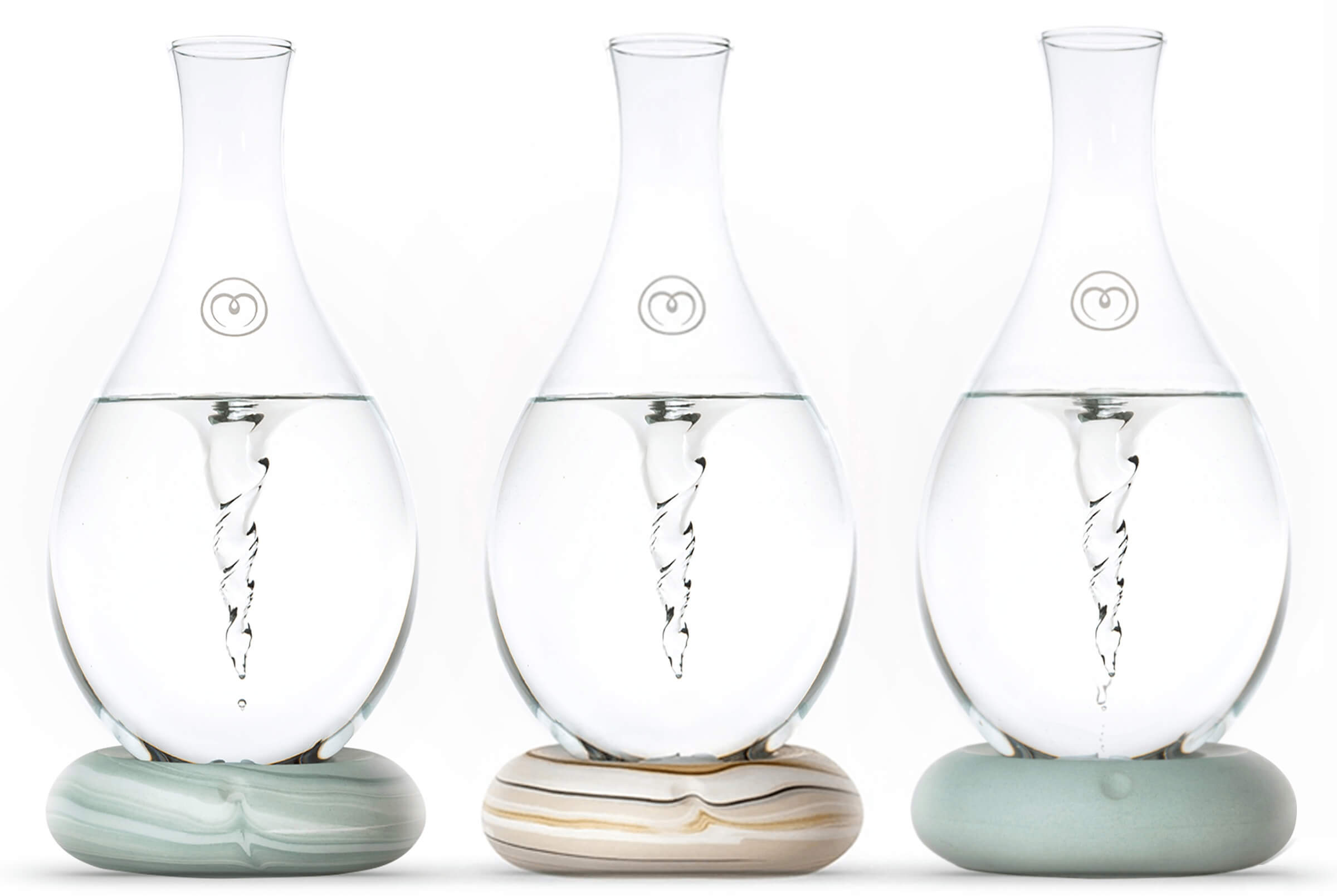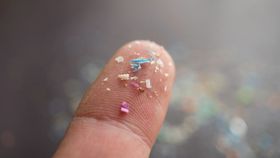Kidney Health: 4 Best Water Types to Drink for Optimal Hydration
Are your kidneys getting the hydration they need? From top bottled options to best water purifier for kidney patients, discover how mineral water can make a difference.
Updated February 3, 2025

The kidneys are essential organs that cleanse the blood of toxins and transform waste into urine. They regulate fluid and electrolyte balance by filtering the blood and producing vitamin D for healthy bones.
Drinking good-quality water is one of the best ways to look after your kidneys, as it provides sufficient hydration and prevents the formation of kidney stones. However, individuals receiving dialysis treatment need to restrict water intake.
4 Best Types of Water for Kidney Health
1. Structured Water
Hydration is essential for optimal kidney function as it helps regulate fluid supply to your kidneys. Structured water is a type of water with altered molecular structure, making it similar to pure, uncontaminated natural water like glacier or spring water.
Structured water is perfect for kidney rehydration because it helps restore fluid balance in the body, promoting kidney health. Additionally, structured water can have several other health benefits, such as boosting the immune system, improving digestion, and enhancing sleep quality.
You can create structured water using vortex technology, mimicking the natural flow of water in nature. Vortexing your water is as easy as using the Mayu Swirl, a glass carafe that can easily restructure normal water into H3O2 water, ensuring optimal hydration and kidney health.
2. Filtered Water
Filtered water is good for kidney health because it has fewer contaminants. Reverse osmosis filtration removes impurities like bacteria, organic compounds, chemicals, and heavy metals that can cause diseases. This means your kidneys have to filter out fewer impurities, producing cleaner blood.
Reverse osmosis improves the overall quality of water, ensuring that you're drinking clean and safe water that is beneficial for your kidneys. However, reverse osmosis system removes essential minerals like calcium and magnesium from the water.
If you're drinking filtered RO water, it is recommended to remineralize your water with Mayu Essential Mineral Drops to ensure your body gets the nutrients it needs to maintain kidney health. The mineral drops work wonderfully with the Mayu Swirl to make sure you're only drinking the best water.
3. Mineral Water
Mineral water is naturally rich in essential vitamins and minerals, which can help support overall health, including kidney function.
Drinking around 1.5 to 2 liters of water daily is generally recommended for optimal hydration. However, the actual amount of water you need may vary depending on factors such as your activity level and the climate you live in. For example, if you live in a hot environment or are very active, you may need to increase your intake to ensure you remain adequately hydrated.
4. Lemon Water
Drinking lemon water may have benefits for kidney health. Here are a few ways that lemon water can support kidney function:
- Helps prevent the growth of kidney stones: lemons contain citric acid, which can help slow down the aggregation of the crystals that form kidney stones. Citrate, the salt in citric acid, binds to calcium and helps block stone formation. By drinking lemon water, you may be able to reduce the likelihood of developing kidney stones.
- Helps you stay hydrated: drinking lemon water helps filter toxins from your blood in the form of urine. Because lemon water has a pleasant taste, it can also encourage you to drink more water, resulting in better hydration. Proper hydration is crucial for optimal kidney function.
- Protects kidney function: The compounds in lemons may reduce the pain of kidney stones as they pass, as well as help break down small kidney stones. Incorporating lemon water into your diet can be a simple way to help protect and support your kidneys.
What Kind of Water is Best for Kidney Disease?
Mineral water is often recommended as the best water for kidney health due to its beneficial nutrients. However, for those with serious kidney problems, purified water would be the best option, as long as they make sure there are still essential minerals in the water after the purification process.
For example, while reverse osmosis systems are most reliable when it comes to purifying water, they may not be the best choice for kidney health as they can remove important minerals.
So, if you suffer from kidney disease, be careful and don't rely solely on reverse osmosis water—it's better to find a balance by including structured water to support kidney health effectively.
Take Care of Your Kidneys
Water is crucial for maintaining optimal kidney function. Proper hydration helps your kidneys do their job of filtering waste from your body, and it keeps your blood vessels open, allowing essential nutrients to travel freely to the kidneys.
Drinking clean and pure water is the best option for kidney health, but make sure that you are getting the essential minerals you need as well. If you are drinking reverse osmosis water, which removes essential minerals like calcium and magnesium, it's essential to ensure that you are getting the minerals your kidneys need.














































